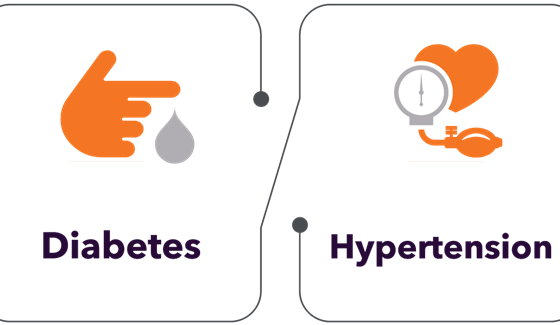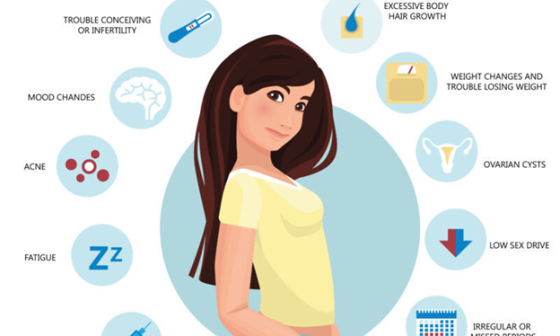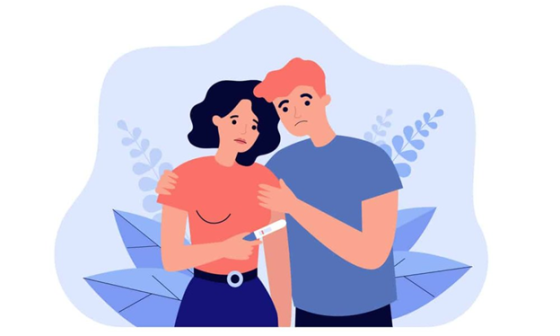The prevalence of hypertension in Nigeria forms a substantial portion of the total burden in Africa. Low and Middle-Income countries (LMICs), including Nigeria, appear to be the worst hit, with a relatively higher number of cases and limited awareness, treatment, and control rate, against what is observed in developed countries. In this research, it’s reported that one out of four adult Nigerians is hypertensive. As reported by The Guardian Newspaper in May 2021 76.2 million Nigerians are hypertensive but only 23 million are on treatment. It is the leading risk factor for cardiovascular diseases worldwide, and diseases like stroke.
Is there a way to prevent hypertension? YES
Is there a way to manage hypertension? YES

Understanding Hypertension
Blood pressure is the force of blood pressing against the walls of your arteries. When it’s too high, your heart has to work harder. This can cause serious damage to your arteries. When your blood pressure is higher than usual, it is called hypertension, which is also called high blood pressure (HBP). Hypertension is a condition in which there is sustained elevation of blood pressure above a threshold of 140 mmHg systolic and 90 mmHg diastolic in adults.
Over time, uncontrolled high blood pressure makes you more likely to get heart disease, stroke, and kidney disease.
Having hypertension should get you worried because the higher your blood pressure levels, the more risk you have for other health problems such as heart disease, heart attack, and stroke, hence it shouldn’t be taken lightly.
What do blood pressure numbers mean?
Blood pressure is measured using two numbers:
The first number, called systolic blood pressure, measures the pressure in your arteries when your heart beats.
The second number, called diastolic blood pressure, measures the pressure in your arteries when your heart rests between beats.
If the measurement reads 120 systolic and 80 diastolic, you would say, “120 over 80,” or write, “120/80 mmHg.”
A normal blood pressure level is less than 120/80 mmHg.1
What causes hypertension?
High blood pressure develops over time. It can happen because of unhealthy lifestyle choices, such as
- Not getting enough regular physical activity
- Eating unhealthy meals

- Eating food containing too much salt
- Regular intake of alcohol
- Certain health conditions like diabetes and having obesity
Conditions are related to high blood pressure
Your health can be damaged in many ways if you have high blood pressure. It can seriously hurt important organs like your heart, brain, kidney, and eyes. These conditions include
- Diabetes
- Long-term kidney infection
- Obstructive sleep apnoea
- Glomerulonephritis
- Heart diseases
- Hormone problems such as underactive thyroid, an overactive thyroid, Cushing’s syndrome, acromegaly, increased levels of the hormone aldosterone (hyperaldosteronism)
- Lupus
- Scleroderma
- High blood pressure during pregnancy
- High blood pressure in kids
Signs and symptoms of hypertension
Unfortunately, hypertension only announces its presence in most people after the development of complications like stroke, heart failure, heart attack, or kidney failure. This is because hypertension has no warning signs or symptoms. Measuring your blood pressure is the only way to find out whether you have hypertension or not. You will have to regularly book that appointment with your doctor.
Now, when high blood pressure is severe – which we wouldn’t advise letting it get to that point – you can notice some of these signs below
- Severe headaches
- Nosebleed
- Fatigue or confusion
- Vision problems
- Chest pain
- Difficulty breathing
- Irregular heartbeat
- Blood in the urine
- Pounding in your chest, neck, or ears
Don’t wait for hypertension to get severe. The best way to know if your blood pressure is high is through regular checkups, which you can book at WellaHealth. You can also monitor blood pressure at home, but always make sure you have a doctor on standby to visit or call.
When to see a doctor
When you have any of the symptoms, you need to see a doctor immediately. This might be a crisis that would lead to a heart attack or stroke, or any other serious health condition. Know that hypertension doesn’t usually have symptoms. So, everyone should get checked regularly.
Treating Hypertension
Blood pressure medications (antihypertensives) are medicines that bring your blood pressure down in various ways. Some blood pressure medications make your blood vessels widen so blood gets through more easily.
- Lifestyle changes
Some of the things that can help you lower or prevent hypertension include
-
- Cutting your salt intake
- Eat a low-fat, balanced diet – including plenty of fresh fruit and vegetables
- Be physically active
- Cut down on alcohol
- Lose weight if you are obsessed
- Drink less caffeine – found in coffee, tea, and cola
- Stop smoking
By making these changes early on, you may be able to avoid needing medicines.
- Medications
There are several types of medicines used to help control high blood pressure. Some people may need to take a combination of different medicines. Different antihypertensives usually come in different groups, such groups include ACE inhibitors, Angiotensin-2 receptor blockers (ARBs), calcium channel blockers, diuretics, beta-blockers, etc.
Some antihypertensive drugs include
- Norvasc
- Valsartan (Joltan)
- Normoretic
- Nifedin dexcel
- Nifecard XL
- Losartan (Angizaar)
- Losartan (Lifeback)
- Methyl Dopa (Dopata)
- Exforge/HCT
- Hydrex
- Lisinopril (POCCO)
- Dexcel
- Diovan
- Exforge
- Atenolol (Pocco)
It is now very easy to get these drugs. You can do it on Wellahealth. All you need to do is click here, scroll through, purchase and have them delivered to you. You can also talk to a pharmacist to help you select the appropriate drugs prescribed by your doctor.
Conclusion
When it comes to hypertension, there are a lot of misconceptions about it. For example – If you inherit hypertension there is nothing you can do about it (while it’s impossible to prevent inheriting it, you can manage hypertension with lifestyle changes), the signs of high blood pressure are not always obvious, especially when it is not severe, high blood pressure is common in men but the fact is, it depends on age and not sex, HBP does also affects younger people – and so many others. All the misconceptions shouldn’t get you carried away, always make sure you have first-hand information to help you manage the situation. You can join the WellaHealth community where you get support and correct information.





